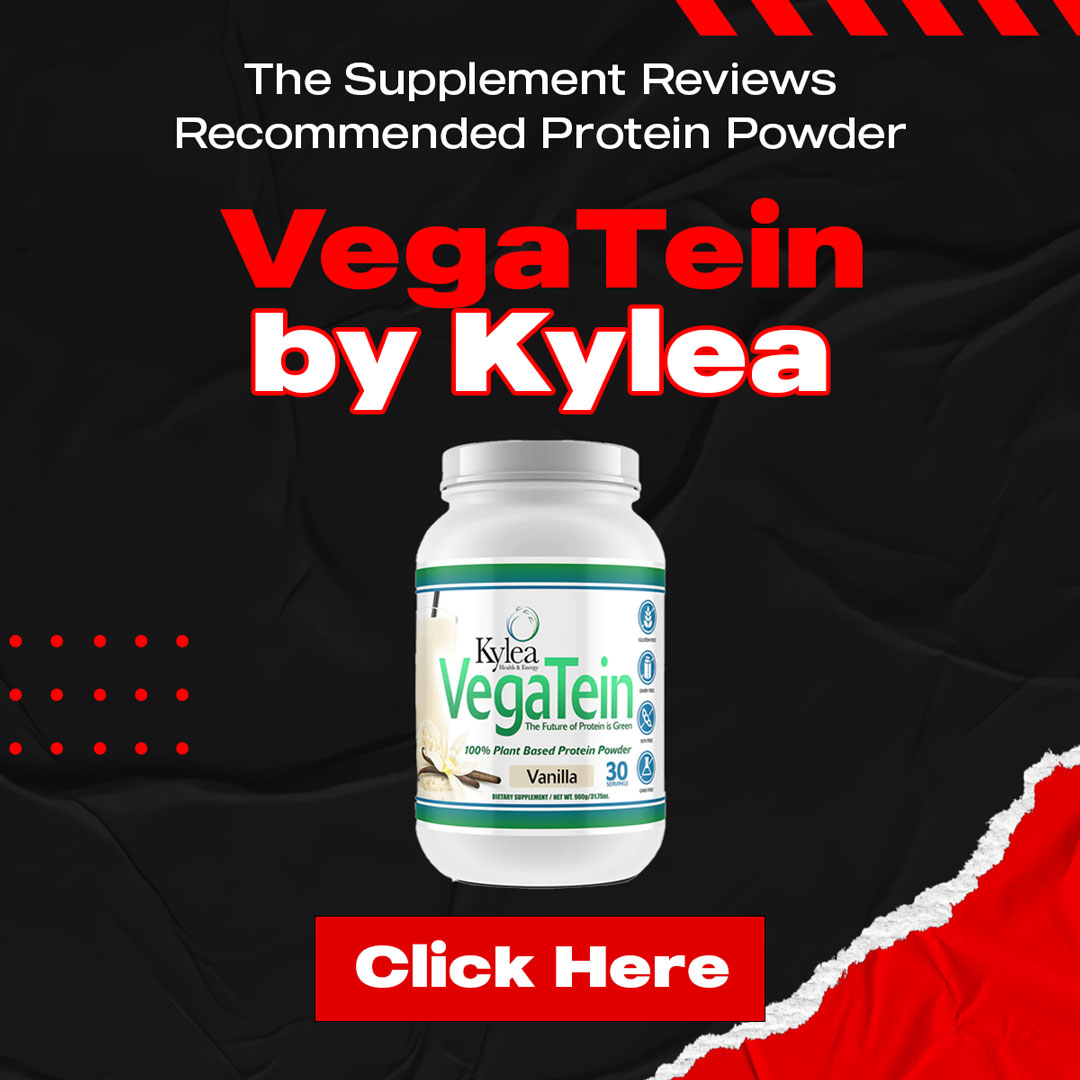
Protein powders have been the hot topic for some time. The growth of new fitness trends and rising awareness of nutritional needs for athletic performance are driving the $12.4 billion protein powder industry. And there’s no sign of it slowing down.
Protein supplementation is an important aspect of good fitness. But myths abound about protein supplements, leaving many people uncertain about how (or if) they should consume their protein.
So without further adieu, here are some of the biggest protein powder myths you may have believed, and the real truth of them.
Here are the 8 protein powder myths
1. All protein is created equal
Protein comes from a number of sources, but not all of it is effective at muscle building and recovery. The best proteins for meeting fitness goals are those that contain all essential amino acids. Higher levels of branched-chain amino acids can decrease muscle fatigue and recovery time, and minimize muscle soreness. Read labels and reviews of protein powders to make sure they provide what you need to amplify your fitness results faster.
2. Excessive protein is bad for your health
Have you been warned time and again by well-meaning people to watch your protein intake for the sake of your kidney or bone health? Well, the evidence just doesn’t support the warnings. Multiples studies suggest that, contrary to popular belief, excessive protein doesn’t cause osteoporosis and could actually be good for your bone health. Likewise, the claims about it harming the kidneys don’t seem to have much scientific basis either—unless your kidneys are already compromised, that is.
3. High protein intake guarantees weight loss
It’s true that protein, when properly paired with an exercise regimen, can aide in achieving weight-loss goals by amplifying muscle mass. Because muscle burns more calories than fat, your body works more efficiently as you build and maintain your muscles. But the key is “properly paired.” Before you start chugging down countless protein shakes, know this. Weight loss is also connected to consuming fewer calories to create an energy deficit. If your protein intake is too high, it will end up working against you and be stored as fat.
4. Protein powders will bulk women up
Protein won’t make a woman bulky because most women lack enough testosterone to increase muscle size in the same way as men. Bulking up requires a combination of high testosterone levels, targeted workouts and increased protein. But protein powders can help a woman boost her weight-loss goals, increase muscle strength and mass (in a lean way) and maintain her muscle over her lifetime.
5. Protein supplements are just for weight lifters
This couldn’t be further from the truth. While protein is certainly necessary for building and repairing muscles after weight training, it’s vital for endurance athletes, such as runners, too—and maybe more so. Tradition has led us to believe carbs are king for endurance. But energy aside, protein is an important factor in preventing injuries when runners are hitting the ground at two to seven times their body weight. Because endurance athletes work for long periods of time, they experience a lot of muscle breakdown—and require a lot of recovery.
6. Drink your protein within a specific timeframe after your workout
Athletes often mistakenly believe there is a short window of time when they must get their protein in. While some evidence points to the benefits of post-workout nutrition, many experts believe daily protein intake trumps the half-hour rule. So rest assured, your workout wasn’t futile if you failed to top it off with a protein shake within 30 minutes.
7. Pea protein is inferior to whey protein
While whey is traditionally considered the gold standard of protein powders, there are plenty of new plant-based or egg-based powders that have proven themselves as great alternatives for those who are lactose intolerant or vegan. Studies have shown little difference in gain between users of plant- and animal-based protein products. And pea protein is quickly becoming the favorite amongst the plant-based community for it’s high BCAA content, easy digestibility and allergen-free nature.
8. Protein powder trumps food
Protein powders are generally made with complete proteins that include all essential amino acids. But if you depend on protein powders for your nutrition, you’re missing out on other vital nutrients present in food, which is still the best and most natural source of protein. Remember, protein powder is a supplement and should be used as such.
Protein powder is an important supplement for your fitness routine—and it shouldn’t be a mystery. Want to know more? Read unbiased reviews about the ins and outs of your favorite protein powders, or about other top-rated nutrition products here: Top Protein Supplements Comparison.
I’m not just a supplement analyst. I’m an extremely qualified one! I am a Certified Nutrition Coach (CNC) and actually received my certification directly from the National Academy of Sports Medicine. I am also a Nutrition & Wellness Consultant, certified by the American Fitness Professionals Association (AFPA).



